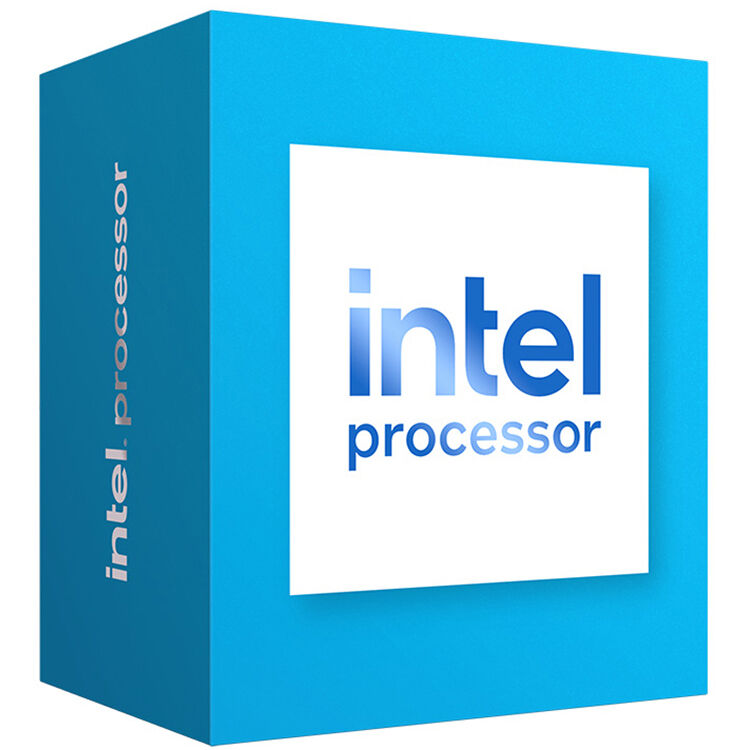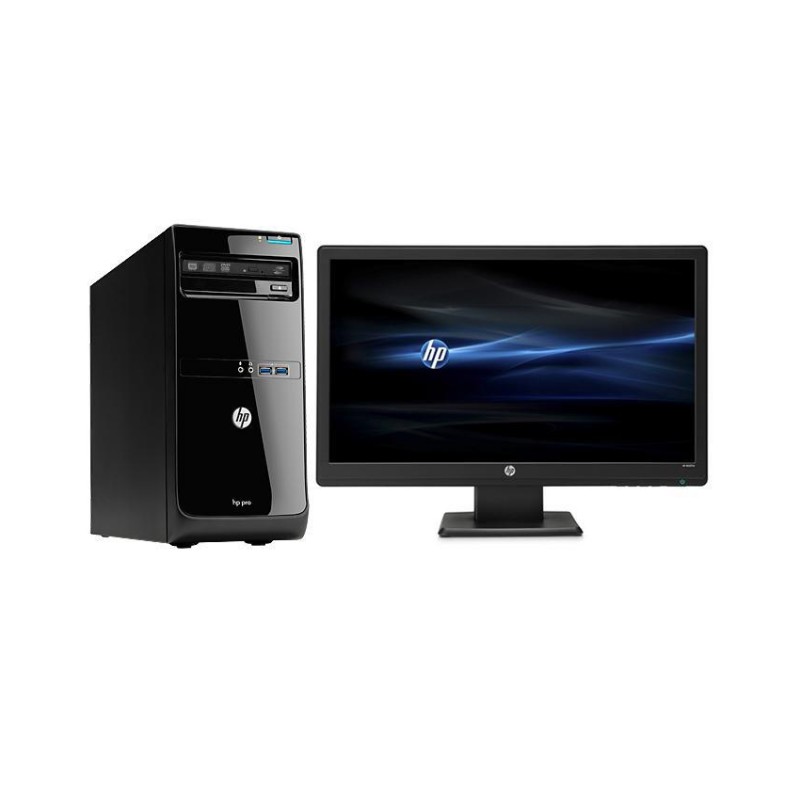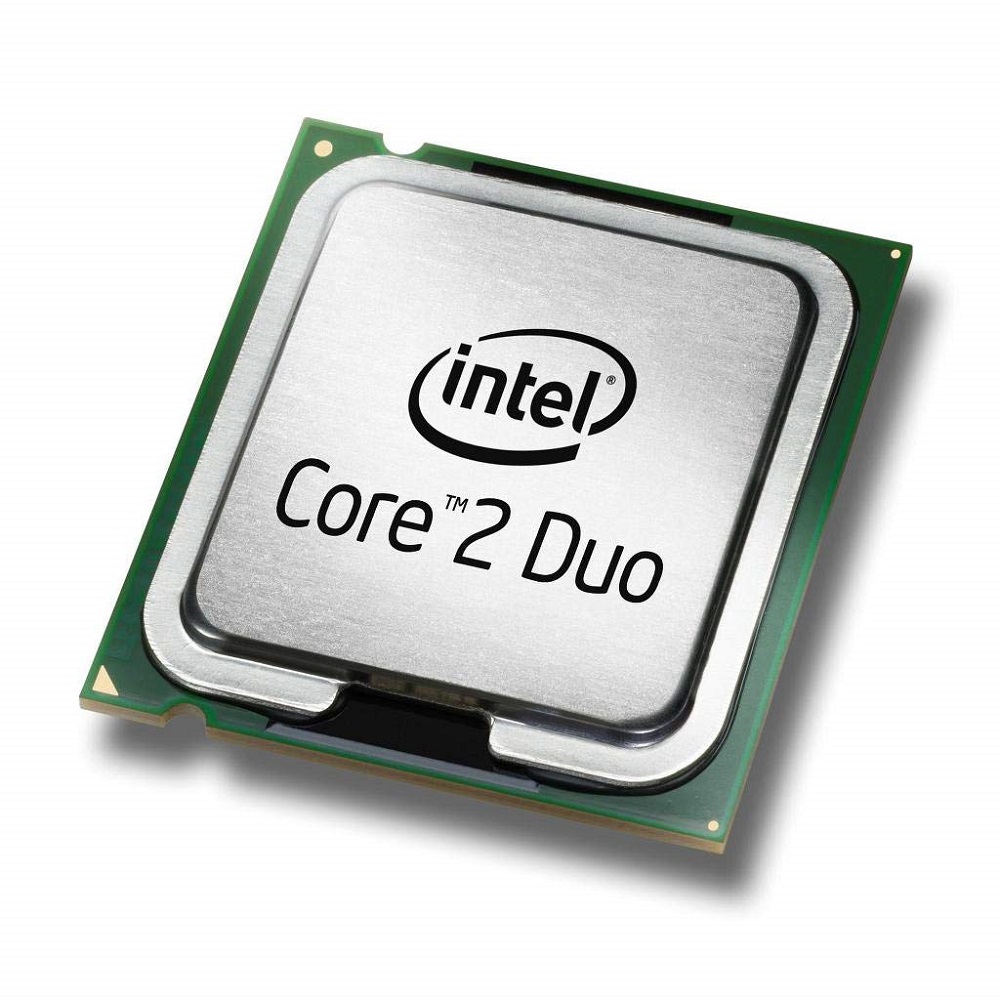Choosing the right processor is crucial for your computer’s performance and your overall user experience. Intel offers a plethora of processors, including dual-core and quad-core options, each catering to different needs. This article will delve into the key differences between Intel doul core and quad-core processors, helping you decide which is right for you.
Understanding Core Basics
What Are Processor Cores?
Processor cores refer to individual processing units within a computer’s central processing unit (CPU). Each core can handle its own tasks independently, allowing for parallel processing of multiple tasks. This improves the overall efficiency and performance of the computer, particularly when running complex applications or multitasking.
Dual-core processors have two cores, while quad-core processors house four. More cores generally mean better multitasking and performance, but the specific benefits depend on how the cores are utilized by the software and system tasks. Understanding the core count and its implications helps in assessing the potential performance of the processor.
Importance of Core Count
The core count is vital as it directly impacts the CPU’s ability to execute multiple instructions simultaneously. For everyday tasks like web browsing, word processing, and streaming, a dual-core processor might suffice. However, for more demanding tasks such as video editing, gaming, and running multiple applications simultaneously, a quad-core processor generally offers smoother and faster performance.
The importance of core count also extends to future-proofing your system. As software becomes more complex and resource-intensive, having more cores can ensure that your computer remains capable of handling new and evolving applications. Assessing your core count needs ensures that you choose a processor that aligns with your current and future computing demands.

Performance Comparison
Dual Core Performance
Intel doul core processors are designed to handle basic to moderately intensive tasks efficiently. These processors are excellent choices for users with typical computing needs such as browsing the internet, using office applications, streaming media, and light photo editing. Dual-core CPUs are power-efficient, making them ideal for laptops and other mobile devices where battery life is a concern.
However, they may struggle with more demanding tasks or running multiple heavy applications simultaneously. While dual-core processors are generally more affordable, they may not provide the level of performance required for high-end gaming, video rendering, or advanced software development tasks. Understanding the performance limitations of dual-core processors helps you match them to appropriate use cases.
Quad Core Performance
Intel quad-core processors deliver superior performance, particularly for multitasking and resource-intensive applications. They are well-suited for gaming, video editing, 3D rendering, and other demanding tasks that can leverage multiple cores. The increased core count allows for better distribution of processing work, leading to more efficient and faster task completion.
Quad-core processors also provide a more future-proof solution, handling newer and more complex software with ease. They tend to consume more power than dual-core processors but offer a significant performance boost that justifies the trade-off for users needing higher computing power. Evaluating the enhanced performance capabilities of quad-core processors helps you identify when they are a better fit for your needs.
Use Case Scenarios
Ideal Scenarios for Dual-Core Processors
Dual-core processors are ideal for users with basic computing needs. This includes tasks such as:
- Web Browsing: Smooth performance for browsing, social media, and online shopping.
- Office Applications: Efficient handling of word processing, spreadsheets, and presentations.
- Streaming: Capable of streaming videos and music without interruptions.
- General Multitasking: Adequate for running multiple light applications simultaneously.
For students, office workers, and casual users who don’t run resource-heavy applications, dual-core processors offer a cost-effective solution that meets their requirements. Identifying these scenarios highlights the practicality and benefits of dual-core processors for everyday computing.

Ideal Scenarios for Quad-Core Processors
Quad-core processors are best suited for more demanding use cases, such as:
- Gaming: Essential for modern gaming, capable of handling complex graphics and high frame rates.
- Content Creation: Required for tasks like video editing, 3D rendering, and graphic design.
- Software Development: Beneficial for compiling code and running sophisticated development environments.
- Heavy Multitasking: Ideal for users who run multiple resource-intensive applications simultaneously.
Professionals, gamers, and power users will find the performance advantages of quad-core processors indispensable for their work and play. Recognizing these use cases underscores the need for higher core counts in certain advanced computing tasks.
Energy Efficiency
Power Consumption in Dual-Core Processors
Dual-core processors are known for their energy efficiency, making them ideal for laptops and mobile devices. They typically consume less power, which translates to longer battery life and reduced heat generation. This efficiency is crucial for users who are frequently on the move and need their devices to last throughout the day without frequent charging.
Lower power consumption also means quieter operation, as less heat generation reduces the need for aggressive cooling solutions. Understanding the power consumption benefits of dual-core processors helps in choosing the right device for energy-conscious and mobile users.
Power Consumption in Quad-Core Processors
Quad-core processors generally consume more power than their dual-core counterparts, given their additional cores and enhanced performance capabilities. This higher power consumption can lead to shorter battery life in laptops and greater heat output, necessitating more robust cooling systems.
However, the increased power usage is often justified by the significant performance advantages, especially for users who require higher processing power. Desktop users might not be as affected by power consumption concerns, but mobile users should weigh the benefits of enhanced performance against potentially lower battery life. Evaluating power consumption in quad-core processors ensures informed decisions based on performance and energy efficiency needs.
Cost Considerations
Pricing of Dual-Core Processors
One of the main advantages of dual-core processors is their affordability. They offer a cost-effective solution for users with modest computing needs, making them an attractive option for budget-conscious buyers. The lower cost makes it feasible to invest in other components or peripherals, enhancing the overall computing experience within a limited budget.
Intel doul core processors provide good value for money, especially for students, casual users, and those needing a secondary device for light tasks. Understanding the cost dynamics of dual-core processors helps in budgeting effectively and making wise purchasing decisions.

Pricing of Quad-Core Processors
Quad-core processors are generally more expensive due to their higher performance capabilities and advanced features. The increased cost is justified for users who need superior processing power and are willing to invest in top-tier performance. These processors are often found in high-end laptops and desktops, offering a premium computing experience.
While the initial investment may be higher, the long-term benefits of a quad-core processor, including better future-proofing and enhanced capabilities, can be significant. For professionals and enthusiasts who demand high performance, the additional cost is often a worthwhile investment. Considering the pricing of quad-core processors helps in determining their value based on performance requirements and budget constraints.
Future-Proofing Your Choice
Longevity of Dual-Core Processors
While dual-core processors are sufficient for many current applications, their longevity may be limited as software becomes more demanding. Future software updates and applications may require more processing power than dual-core CPUs can provide, potentially leading to slower performance and reduced usability over time.
For users who need a basic, affordable solution today and are open to upgrading in a few years, dual-core processors remain a practical choice. However, those seeking a longer-term investment may need to consider the potential limitations in future-proofing these processors. Evaluating the longevity of dual-core processors helps in making informed decisions about their suitability for long-term use.
Longevity of Quad-Core Processors
Quad-core processors offer better future-proofing due to their higher performance and ability to handle more demanding applications. As software evolves, these processors are more likely to remain capable of delivering smooth and efficient performance, reducing the need for frequent upgrades.
Investing in a quad-core processor can provide peace of mind, knowing that your device will remain relevant and powerful for several years. For users seeking a long-term solution that can adapt to new technologies and applications, quad-core processors are a more future-proof choice. Considering the longevity of quad-core processors supports wise investment decisions for sustained performance.
Conclusion
Choosing between Intel doul core and quad-core processors depends on your specific needs, budget, and usage scenarios. Intel doul core processors are ideal for basic computing tasks, offering affordability and energy efficiency. In contrast, quad-core processors provide superior performance for demanding applications and future-proofing. By understanding the core differences, performance capabilities, use cases, energy efficiency, costs, and long-term viability, you can make an informed decision that best suits your computing requirements. Whether you opt for a dual-core or quad-core processor, selecting the right one ensures optimal performance and satisfaction with your device.


